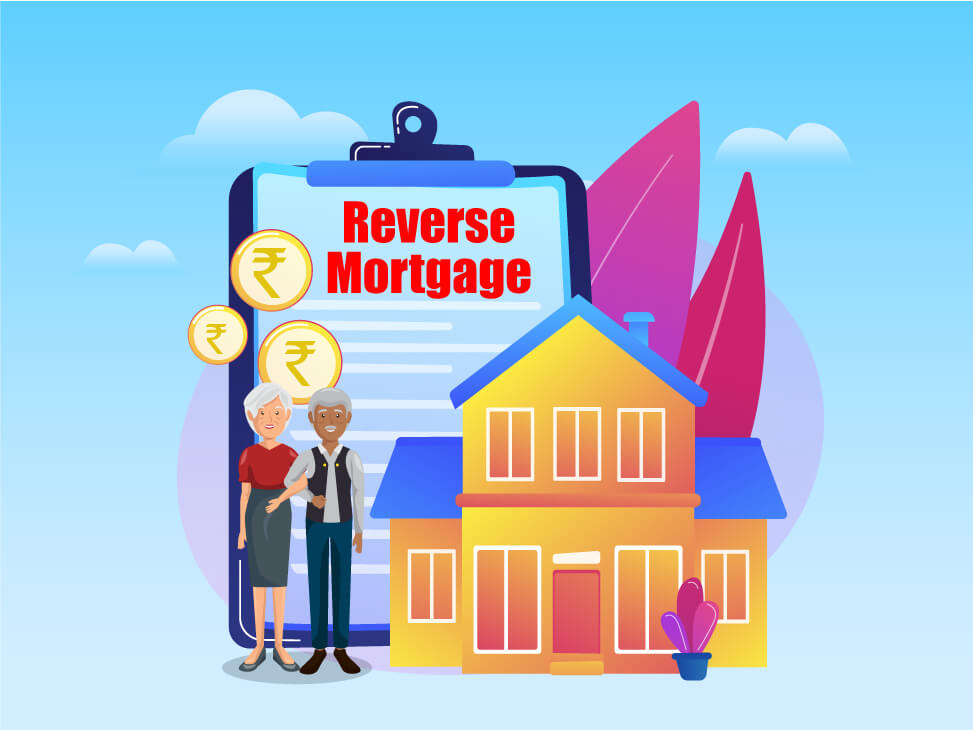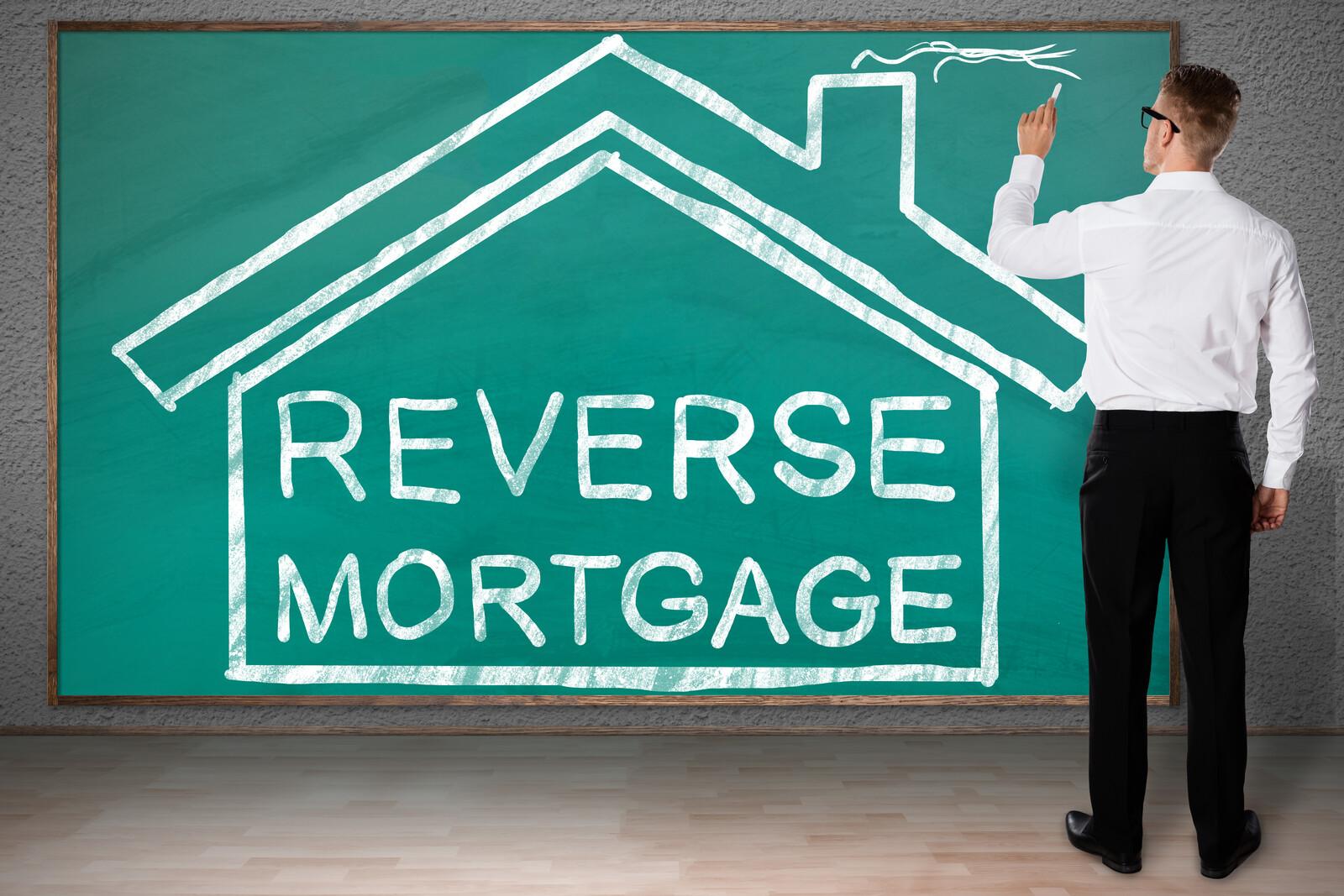Empower Your Retired Life: The Smart Method to Purchase a Reverse Home Mortgage
As retirement methods, many individuals seek effective methods to boost their economic self-reliance and wellness. Amongst these strategies, a reverse home mortgage arises as a practical choice for home owners aged 62 and older, enabling them to tap right into their home equity without the requirement of month-to-month repayments. While this monetary tool uses numerous advantages, including raised cash money flow and the prospective to cover vital expenditures, it is crucial to comprehend the details of the application process and crucial considerations entailed. The following actions might reveal how you can make a knowledgeable decision that might considerably influence your retirement years.
Comprehending Reverse Home Mortgages
Comprehending reverse mortgages can be essential for property owners seeking financial versatility in retired life. A reverse mortgage is an economic product that allows eligible homeowners, usually aged 62 and older, to convert a portion of their home equity into cash money. Unlike conventional mortgages, where borrowers make monthly settlements to a loan provider, reverse mortgages allow home owners to obtain repayments or a swelling sum while maintaining possession of their building.
The amount readily available with a reverse home mortgage depends on several elements, consisting of the home owner's age, the home's value, and current interest prices. Importantly, the finance does not need to be paid off till the homeowner markets the home, leaves, or passes away.
It is crucial for possible consumers to recognize the effects of this monetary product, including the influence on estate inheritance, tax factors to consider, and continuous duties related to residential or commercial property maintenance, taxes, and insurance. Additionally, counseling sessions with licensed specialists are usually required to guarantee that customers fully understand the conditions of the financing. On the whole, a comprehensive understanding of reverse home mortgages can empower home owners to make educated decisions about their monetary future in retired life.
Benefits of a Reverse Home Mortgage
A reverse mortgage provides several compelling benefits for eligible property owners, specifically those in retirement. This financial device allows senior citizens to transform a section of their home equity into cash money, offering vital funds without the demand for month-to-month home loan settlements. The money obtained can be made use of for different objectives, such as covering medical expenditures, making home enhancements, or supplementing retirement revenue, thus improving overall economic versatility.
One substantial benefit of a reverse home mortgage is that it does not call for payment until the home owner relocates out, offers the home, or passes away - purchase reverse mortgage. This function makes it possible for retirees to preserve their way of living and satisfy unanticipated prices without the problem of regular monthly payments. In addition, the funds gotten are usually tax-free, allowing home owners to utilize their money without fear of tax effects
Additionally, a reverse home loan can supply satisfaction, recognizing that it can work as a monetary safety and security internet throughout difficult times. Homeowners additionally maintain ownership of their homes, guaranteeing they can proceed staying in a familiar environment. Eventually, a reverse mortgage can be a calculated funds, equipping retired people to manage their funds efficiently while appreciating their gold years.
The Application Refine
Navigating the application process for a reverse home mortgage is a crucial action for house owners considering this financial choice. The initial phase entails reviewing eligibility, which typically needs the house owner to be at the very least 62 years of ages, own the property outright or have a reduced home loan balance, and occupy the home as their main residence.
When qualification is confirmed, home owners must undergo a counseling session with a HUD-approved therapist. This session makes sure that they fully comprehend the ramifications of a reverse mortgage, consisting of the obligations involved. purchase reverse mortgage. After completing therapy, candidates can continue to collect required documents, consisting of proof of earnings, assets, and the home's value
The next action involves submitting an application to a lending institution, who will assess the monetary and building certifications. An evaluation of the home will likewise be carried out to identify its market price. If accepted, the lending institution will provide loan terms, which ought to be examined very carefully.
Upon acceptance, the closing procedure follows, where last records are signed, and funds are paid out. Understanding each stage of this application procedure can dramatically improve the house owner's confidence and decision-making concerning reverse mortgages.

Secret Considerations Before Acquiring
Acquiring a reverse home loan is a significant monetary choice that needs cautious consideration of several crucial factors. Reviewing your financial requirements and goals is similarly crucial; establish whether a reverse home loan straightens with your long-lasting strategies.

In addition, assess the influence on your current lifestyle. A reverse mortgage can affect your eligibility for certain federal government advantages, such as Medicaid. Look for professional advice. Consulting with a monetary consultant or a housing therapist can give valuable insights tailored to your private conditions. By completely evaluating these factors to consider, you can make an extra enlightened decision regarding whether a read this article reverse home mortgage is the appropriate economic strategy for your retired life.
Taking advantage of Your Funds
As soon as you have actually protected a reverse home mortgage, efficiently handling the funds comes to be a concern. The adaptability of a reverse home loan permits home owners to utilize the funds in various ways, but critical planning is necessary to optimize their benefits.
One essential approach is to produce a spending plan that describes your financial objectives and monthly expenditures. By determining required Source costs such as healthcare, real estate tax, and home upkeep, you can designate funds accordingly to ensure long-term sustainability. Additionally, take into consideration using a section of the funds for investments that can generate income or value gradually, such as mutual funds or dividend-paying supplies.
One more crucial aspect is to maintain an emergency fund. Establishing apart a get from your reverse mortgage can assist cover unanticipated costs, offering peace of mind and monetary stability. Seek advice from with an economic consultant to check out possible tax obligation implications and how to integrate reverse mortgage funds right into your general retirement method.
Inevitably, prudent administration of reverse mortgage funds can improve your monetary protection, allowing you to enjoy your retired life years without the stress of economic uncertainty. Mindful planning and educated decision-making will certainly ensure that your funds work effectively for you.
Conclusion
To conclude, a reverse home loan presents a practical financial technique for seniors seeking to boost their retired life experience. By transforming home equity into accessible funds, people can resolve essential expenditures and protected extra funds without sustaining month-to-month payments. However, mindful consideration of the associated terms and implications is necessary to make best use of benefits. Ultimately, leveraging this economic tool can facilitate greater self-reliance and enhance overall top quality of life throughout retirement years.
Understanding reverse home loans can be vital for property owners looking for monetary adaptability in retired life. A reverse home loan is a financial product that enables qualified home owners, generally aged 62 and older, to convert a part of their home equity right into cash money. Unlike standard mortgages, find where debtors make monthly payments to a loan provider, reverse mortgages make it possible for house owners to get payments or a lump sum while preserving possession of their building.
On the whole, a detailed understanding of reverse mortgages can empower homeowners to make informed choices regarding their monetary future in retirement.
Seek advice from with a financial consultant to discover feasible tax obligation ramifications and exactly how to integrate reverse home loan funds into your general retired life technique.